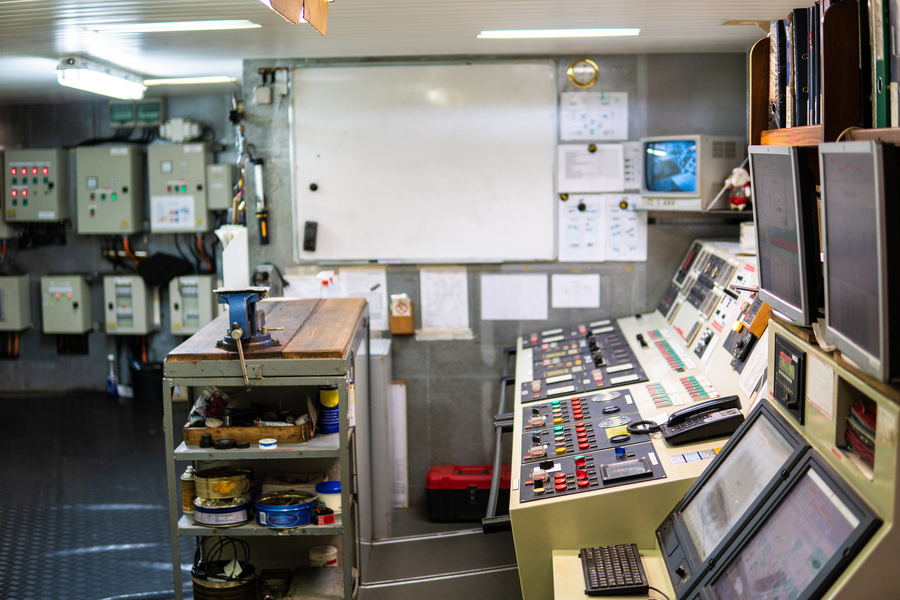The dawn of a new era in marine exploration is upon us, and at the heart of this revolution is the unmanned surface vessel (USV). Our latest model, the 'Odyssey IV,' represents a quantum leap in autonomous marine technology. This article delves into the intricate engineering that makes the Odyssey IV a paragon of modern naval architecture and robotic intelligence.
Designing the Hull for Optimal Performance
The foundation of any great vessel is its hull. For the Odyssey IV, we opted for a trimaran design, providing exceptional stability in tumultuous sea conditions while minimizing drag. Constructed from a lightweight yet robust carbon composite, the hull is designed for both speed and endurance, allowing for extended missions with minimal energy consumption. Its hydrodynamic profile was refined through hundreds of hours of computational fluid dynamics simulations, ensuring it slices through water with unparalleled efficiency.
"True innovation is not just about creating something new, but about perfecting every detail to achieve a result that was once thought impossible."
Advanced Sensor Integration
A vessel is only as good as the data it can collect. The Odyssey IV is equipped with a state-of-the-art suite of sensors, including high-resolution multibeam sonar, LiDAR for surface mapping, and a comprehensive atmospheric and oceanographic sensor package. The challenge was not just in selecting these components, but in integrating them seamlessly into a single, cohesive system. Our proprietary data fusion algorithm allows for real-time processing and analysis, providing a comprehensive picture of the marine environment.
The AI-Powered Navigation Core
True autonomy requires more than just following a pre-programmed path. The Odyssey IV's brain is a sophisticated AI core that utilizes machine learning for dynamic mission planning and obstacle avoidance. It processes data from its sensors, weather forecasts, and satellite imagery to make intelligent decisions in real-time. This system has been trained on thousands of terabytes of oceanic data, allowing it to navigate complex maritime environments safely and efficiently, from busy shipping lanes to treacherous arctic waters.

